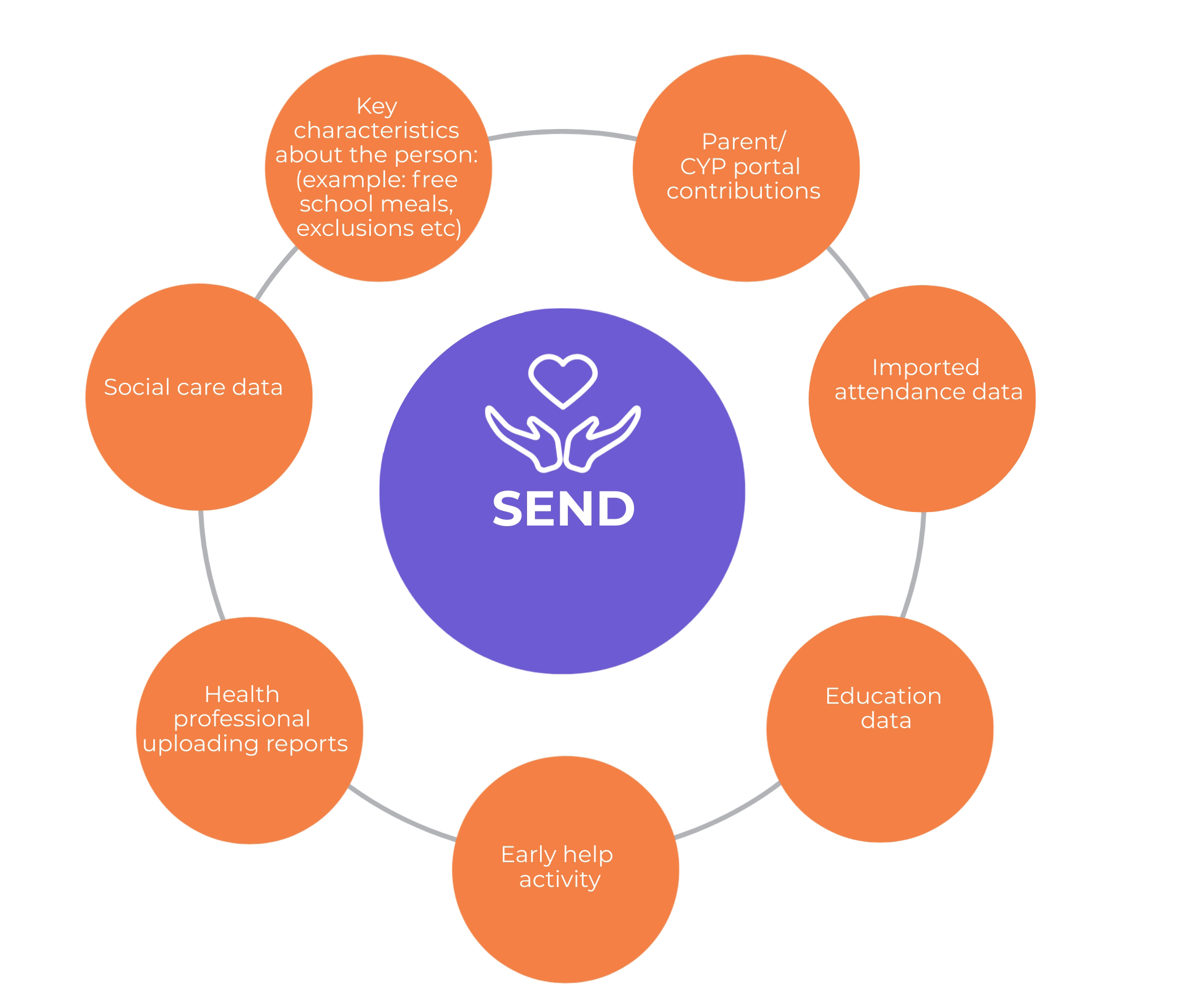
It’s a reminder that the pandemic is not over for many by the number of pupils absent from England’s state schools. According to Government figures, 130,000 pupils were out of school for Covid-related reasons on Thursday 11 November.
These absences are not just down to the obvious Covid-related reasons such as positive cases and isolation. Lots of pupils with special needs are now struggling to cope with attending school. which is contributing to the number of absentee children. Added to that, increasing numbers of children and young people are facing mental health issues due to the pandemic.
This is pushing Special Education Needs and Disabilities (SEND) assessments up, as well as children and adolescent mental health service (CAMHS) referrals. All this is causing councils to become inundated with referrals for assessment for either SEND support/top-up funding or an Education, Health & Care Plan (EHCP).
Education Secretary Nadhim Zahawi has committed to tackling persistent pupil absences and ensuring that there is a suitable budget behind the effort. There are lots of discussions about helping children and young people catch up and schools recovering from the pandemic, although critics are quick to point out that recovery is a return to how things were before and recovery needs to be more ambitious than that, it is an opportunity to change for the better.
Not the time for more of the same
The current climate in schools brings huge challenges for local authorities to manage increasing referrals and ensure they meet statutory obligations for SEND. Approaching the issue with the same post-pandemic models will be risky, particularly when elements of those traditional models were identified for improvement by Ofsted during inspections.
The system is under such unprecedented pressure that services are going to have to adopt new approaches and ways of working to drive down absentee figures and improve outcomes for children and young people. One way to achieve this is underpinning multi-agency working with a single integrated record for each child. Long before the pandemic, Ofsted was raising concerns over children’s records being disjointed across multiple systems. This is evidenced in these excerpts which are taken from Ofsted reports between 2017 and 2019:
-
Information systems do not allow different agencies and services to share information in a timely way or to check on the well-being, safety and quality of the experience of children and young people quickly enough.
-
Many parents describe their exasperation about inconsistent and delayed approaches to the identification of children’s SEND across education, health and social care services.
-
Health professionals use different electronic systems. As a result, children and young people with SEND are not easily identified and not all practitioners accessing the electronic records will be alerted to children’s additional needs.
Even though progress has been made, there are still several local authorities in the UK that have separate systems for children’s social care and education management (a system that records and runs all the local authorities’ processes around supporting schools and parents - such as school admissions, attendance, exclusions, children missing education, importing key data from schools, virtual school, SEND, Post 16 etc.).
Professionals in education and social care are unable to see what the other is doing. Fragmented information can cause communication problems, impact informed decision making, create safeguarding risks and at its worse can be dangerous, with most serious case reviews citing disjointed information and siloed working as a factor in children being failed. Liquidlogic is helping local authorities break away from the traditional fragmented way of doing things. The company has invested heavily in a marketleading children’s solution that comprises social care, early help and education management plus a SEND module which is integrated on a single database, with user profiles to determine the data that can be accessed or viewed.
Data is re-used across the SEND system, meaning that professionals are not only aware of activity in other areas, but can also utilise the data captured elsewhere. The Liquidlogic portal solution facilitates key data, such as health professional reports or relevant information from parents and young people, being uploaded securely and efficiently, reducing the need for data to be captured ‘off system’.
Submitted information can be used to progress cases effectively and share information with other teams such as educational psychologists.
Educational psychologists (and others) have their own secure and customisable module within the system which provides a complete case management tool and draws on data captured by others, allowing them to monitor cohorts such as pupils with SEN support, poor attendance or exclusions, and a range of key characteristics including free school meals eligibility, to provide early help and prevent escalation of needs.
Bringing all the data together into one screen can help professionals identify where previously-unseen problems may lie, without necessarily requiring reports to be built.
The SEND case management tools promote the ability to evidence work undertaken (statutory and non-statutory) including for traded services, measure outcomes and help plan resources. All of this is critical to the management of a SEND budget and to improve outcomes for families. A single platform delivers the complete picture of a child and family's circumstances and provides tools to enable a co-ordinated response across agencies. This joined-up approach saves time and means that parents and carers can avoid the frustration and confusion associated with resubmitting their story and information repeatedly for different services.


Joined-up success at Cheshire East
Cheshire East is one of 23 local authorities using the Liquidlogic SEND module. Speaking at a webinar recently, the council explained how the system has been well adopted and is widely used by services in the area because users can see clearly that it is improving assessment quality and speed. It is being used to support the EHCP assessment, planning and review process and SEN support workflows, and is helping to comply with the 20-week statutory process.
Each school in the region has access to the system and is contributing to a child’s care plan, during or after discussions with parents, which is instantly and securely shared with other services involved in the child’s care to give stakeholders a broader picture to deliver the best possible service.
Conclusion
We might be over the peak of the pandemic, but the ripple effects continue to peak across services, putting teams under unprecedented pressure. More collaborative and effective ways of working have always been on the agenda but now more than ever they need to be put into practice so that services have the best chance of managing the situation effectively and improving outcomes.
Bolstering well-established multi-agency working with joined-up digital information is a major enabler towards meeting that ambition. One child, one record, will deliver the difference that services need.
For further information on how the Liquidlogic single platform could help with your SEND outcomes, email marketing@liquidlogic.co.uk or visit www.liquidlogic.co.uk/children/early-years-education-system-eyes/ehcp-sen-support/

